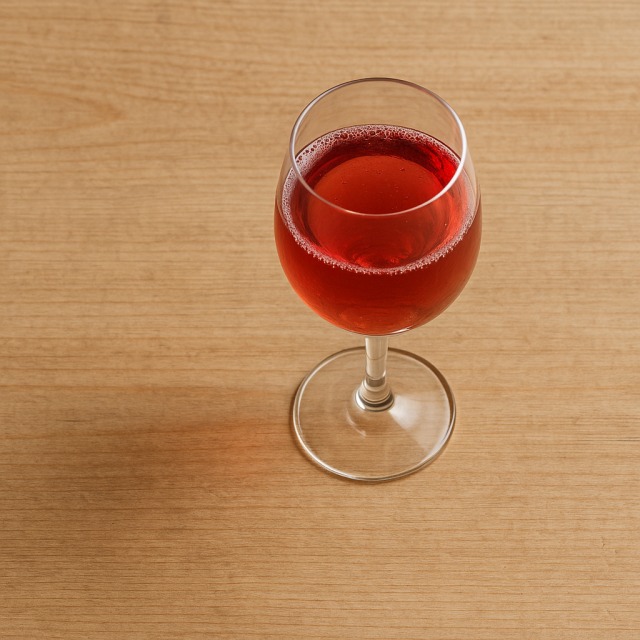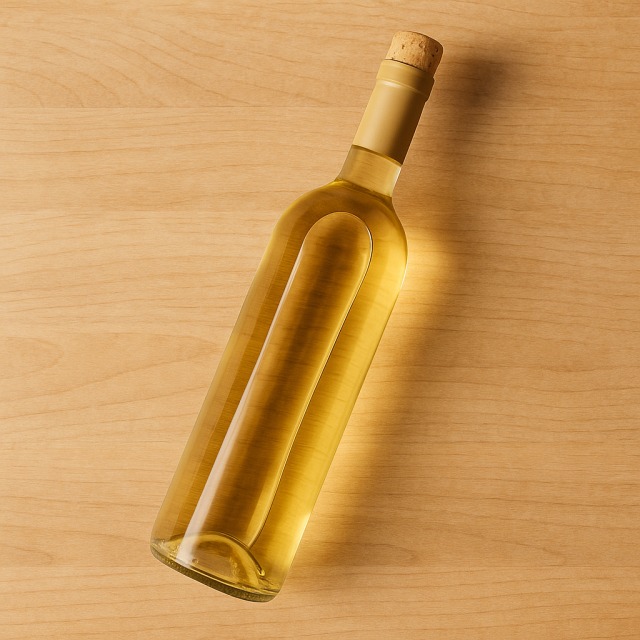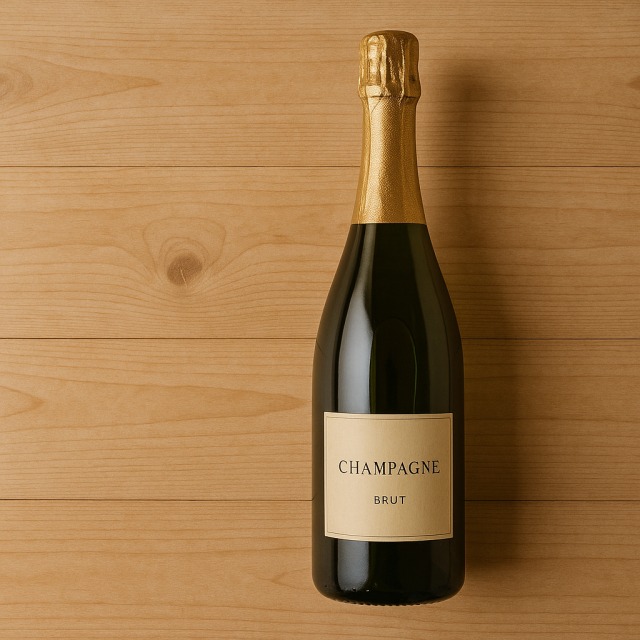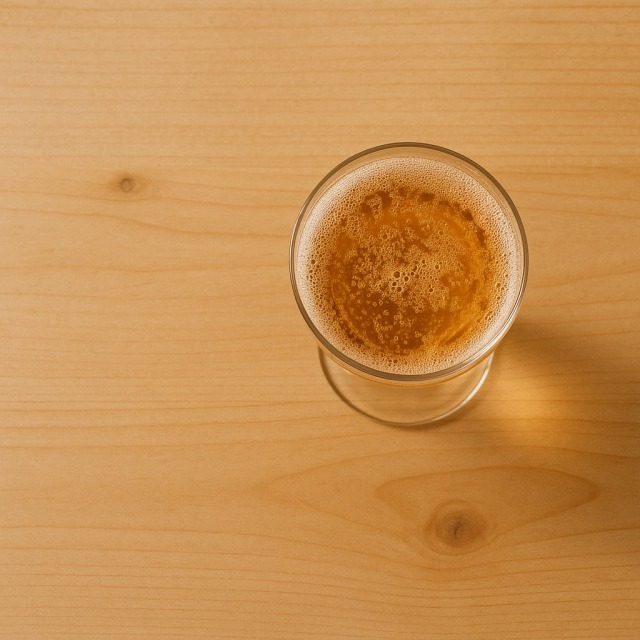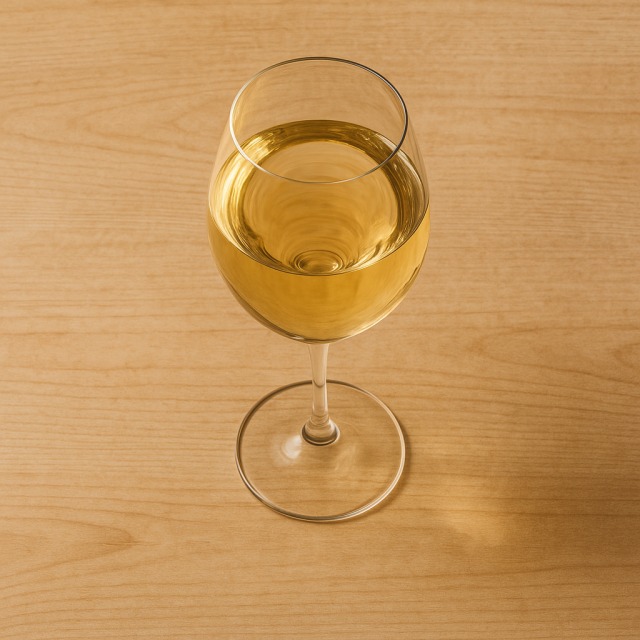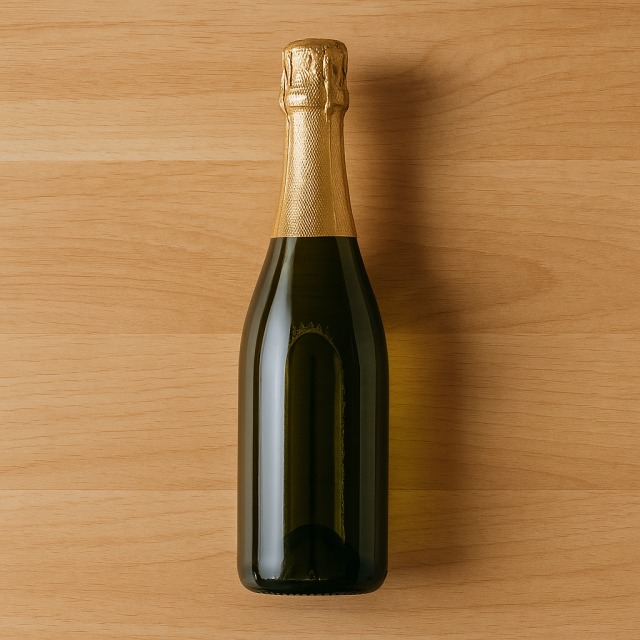Calorie Chart / Beverages / Wine - Rosé
How Many Calories Are in Rosé wine?
Calculation of the nutritional value & Recommended Dietary Intake of rosé wine
For ml and a calorie requirement of kcal
| Calories 93 kcal | Proteins 0 g | Lipids 0 g | Carbohydrates 0 g |
| 5% | 0% | 0% | 0% |
Health benefits of rosé wine
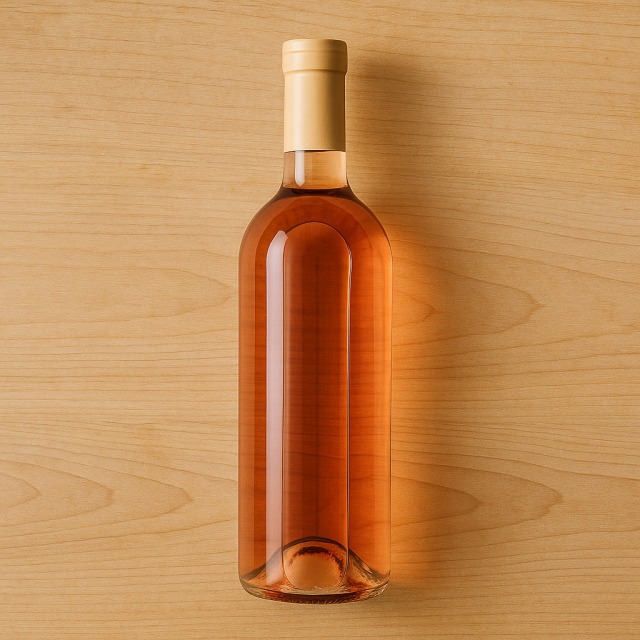
Rosé wine - 100ml
Calories 62 kcal
Proteins 0 g
Lipids 0 g
Carbohydrates 0 g
Delivering around 62 calories per 100 g, rosé wine is generally classed as a moderate-calorie alcoholic beverage. Those calories mostly come from residual sugars and alcohol, since the drink provides 0 g of proteins, lipids, and carbohydrates in standard nutritional tables.
Although its vitamin and mineral profile is limited, rosé does supply traces of potassium, manganese, and B-group vitamins (B1 and B2). More interesting are its polyphenols, such as resveratrol and quercetin; these antioxidants are the subject of studies suggesting (supposed) cardioprotective and anti-inflammatory effects when consumed in very small amounts. Thanks to a lower tannin content than red wine, rosé may also be gentler on sensitive stomachs, a point that can indirectly help people control calories because gastric discomfort sometimes triggers snacking.
The moderate calorie load makes rosé a popular summer choice compared with higher-calorie liqueurs or cocktails. Historically, rosé can be traced back to the ancient Greeks of Provence, who produced pale wines long before the techniques for deep red extraction were mastered. This centuries-old tradition survives today, offering a refreshing option for anyone mindful of calories yet wishing to enjoy a glass of wine.
Tips for incorporating rosé wine into a balanced diet
If you keep an eye on calories, serve a well-chilled glass of rosé (8–10 °C) alongside light dishes rich in lean proteins and vegetables. A Mediterranean plate featuring grilled salmon, a drizzle of olive oil, and a side of zucchini ribbons keeps calories moderate while matching the wine's fruity acidity.
For a quick weekday dinner, marinate diced chicken breast for 30 minutes in rosé, garlic, and thyme, then roast. The alcohol evaporates, the calories from the wine stay minimal in the finished dish, and you obtain tender, aromatic meat. Add a crisp salad of strawberry, cucumber, and mint to hold overall calories in check.
Planning an apéritif? Swap high-calorie cocktails for a spritzer: two parts rosé, one part sparkling water, plenty of ice, and a slice of grapefruit. This stretches the drink, dilutes alcohol, and reduces calories per glass without sacrificing freshness. It pairs nicely with a small board of fresh goat cheese and almond kernels. Remember to alternate each glass with water to manage hydration and extra hidden calories.
Frequently Asked Questions
- How many calories are in rosé wine?
- Rosé wine contains about 62 kcal per 100 g.
- Is rosé wine lower in calories than red wine?
- Yes. On average, red wine provides 70–75 kcal per 100 g, whereas rosé stays around 62 kcal, so you save several calories with each serving.
- How do rosé wine calories compare to a glass of beer?
- A standard lager delivers roughly 45 kcal per 100 g, but typical serving sizes differ: a 250 ml glass of rosé totals about 155 calories, while a 330 ml bottle of beer climbs to roughly the same or higher. Always look at both calories per 100 g and the actual volume poured.
- Does chilling or freezing rosé change its calories?
- No. Temperature alters texture and perception, but the calories remain exactly the same.
- Can I include rosé wine calories in a weight-loss diet?
- Yes, provided you account for those calories in your daily allowance and limit intake to one small glass (100–120 ml). Pairing it with nutrient-dense, low-calorie foods helps balance the meal.
- Is there such a thing as sugar-free or zero-calorie rosé?
- Alcohol itself contributes calories, so even a very dry rosé will still supply around 60 calories per 100 g; a true zero-calorie wine does not exist.
Similar foods
Alcohol consumption may be harmful to your health. Please drink responsibly. Do not drink and drive. Not recommended during pregnancy. Must be of legal drinking age.
Information provided by Calorie Menu may contain inaccuracies or errors. It cannot, under any circumstances, substitute medical advice or medication.
